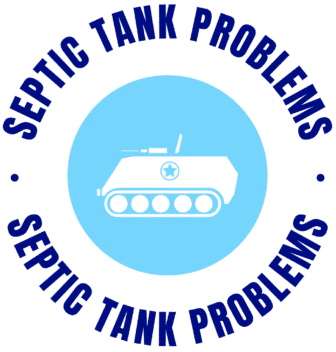The Role of Septic Tank Enzymes for your septic system act just like your own digestive system. When we eat solid and semi-solid foods, your digestive tract breaks them down into their simplest forms so that they may be readily absorbed by your body through the small intestines. To catalyze the digestion process, enzymes are produced by your body. The same way goes for your septic tank. It is undeniable that septic tank enzymes are indispensable in digesting wastes. These catalysts break down the solid wastes and pass them out of the tank and through the drain or leach field.
Septic tank enzymes definitely play the vital role in the entire septic system. It is ever present in all of its main parts—septic tank, drain/leach field, and the surrounding soil. In every part of the septic system, the septic enzymes make sure that the solid wastes are all broken down into liquefied form. To better understand what a septic system is, visit this page which details the inner components of a system and how it is created.
It is common for you to get the septic enzymes that you need from the commercially produced additives in the market today. These are recommended to maintain the smooth and healthy flow of the septic system. Many household cleaning products kill the bacterial population that is why septic tank enzymes are introduced into the system again. Most households do not regard the fact that their household cleaners contain antibacterial components that directly attack the digesters of the septic system.
Experts believe that the human waste contains enzymes that actually help in the activation of the enzymes in the septic tank. It is like the most efficient organic activator of bacteria in the tank itself. Some debate that yeasts and other additives also do the same thing. But the essential part of the discussion is those septic tank enzymes do improve the performance of your septic system.
There are indeed commercially prepared septic tank enzymes that you could use frequently but there are those who say that the mere dumping or flushing of human waste is enough to hasten the enzymatic activity in the septic tank. It does help to incorporate those septic tank enzymes that you can purchase or have applied by a septic tank company. But wouldn’t it be great to maintain the efficiency of your septic system without adding more chemicals into it?
Septic tank enzymes are very harmful in digesting solids in a septic tank. Biological additives or enzymes mostly help your septic system remove solid waste turning it into water. They are also found to degrade the sludge in the septic tank. Chemical enzymes are either acids or bases that usually leave structural damage to the pipes. They even damage the soil. Organic enzymes help in breaking down the grease, fats and oils in the tank. There are also some odor control enzymes that eliminate odors in the septic system by killing and digesting waste the tank. Basically, it harms the main workers of the septic system. It is advised that when it comes to odor control, further investigation should be done first before using the odor control enzymes. It may be just because of leaks in the system. Then there are phosphorous removal enzymes that help control the eutrophication of the surrounding bodies of water.
As with any other product in the market, you should still be careful in choosing what septic tank enzymes you should use. The main idea is to improve the septic tank system.
